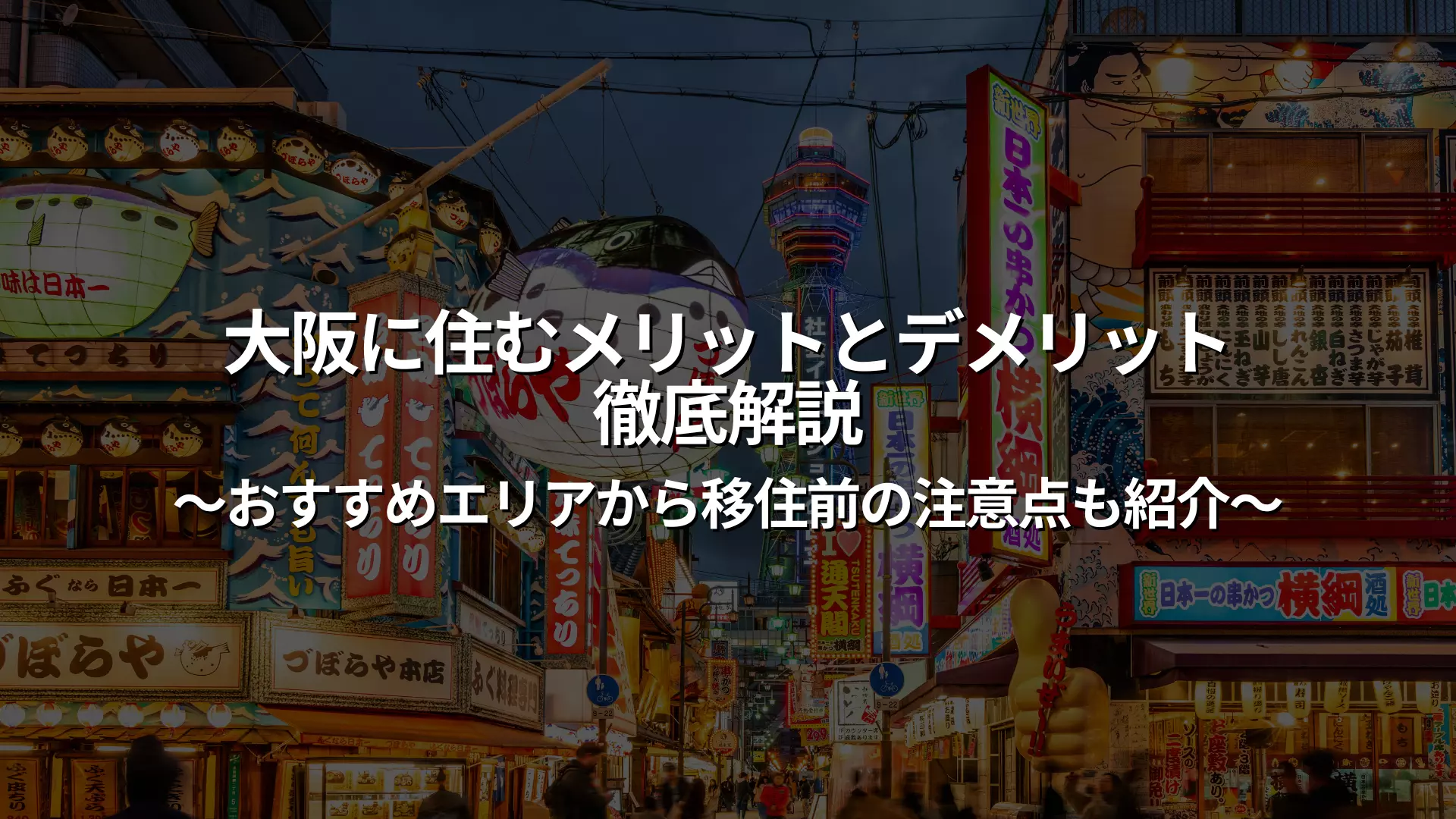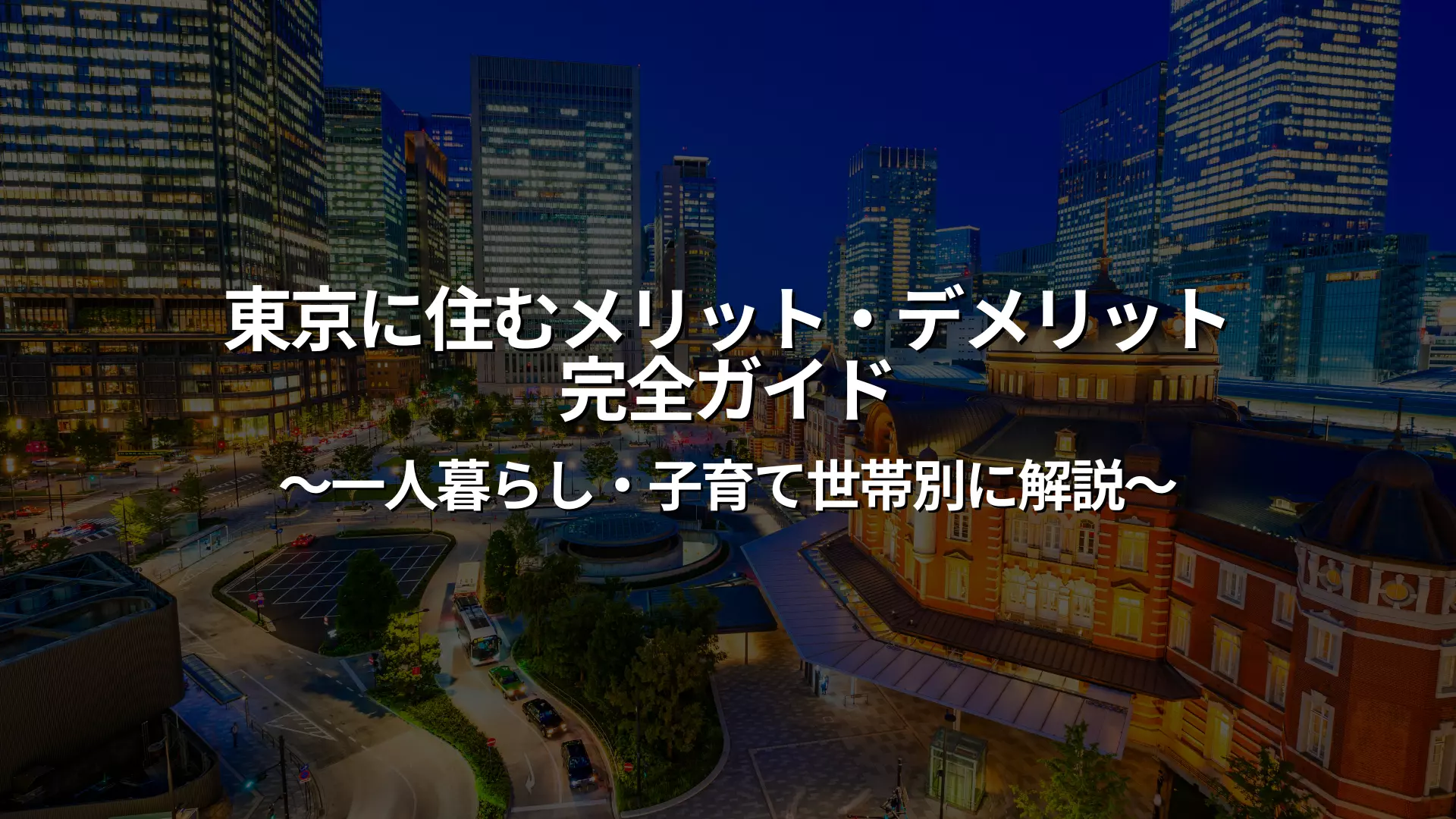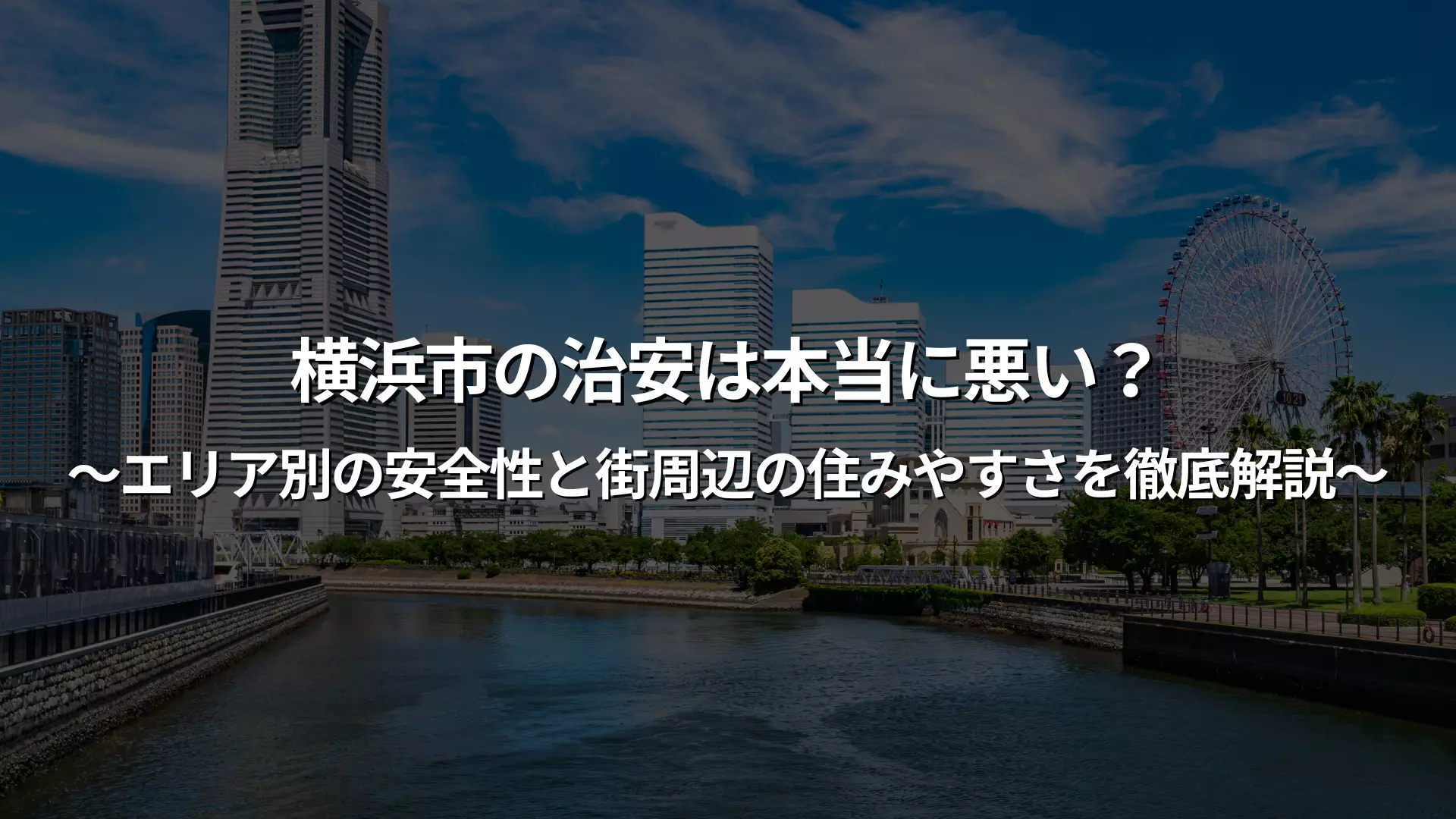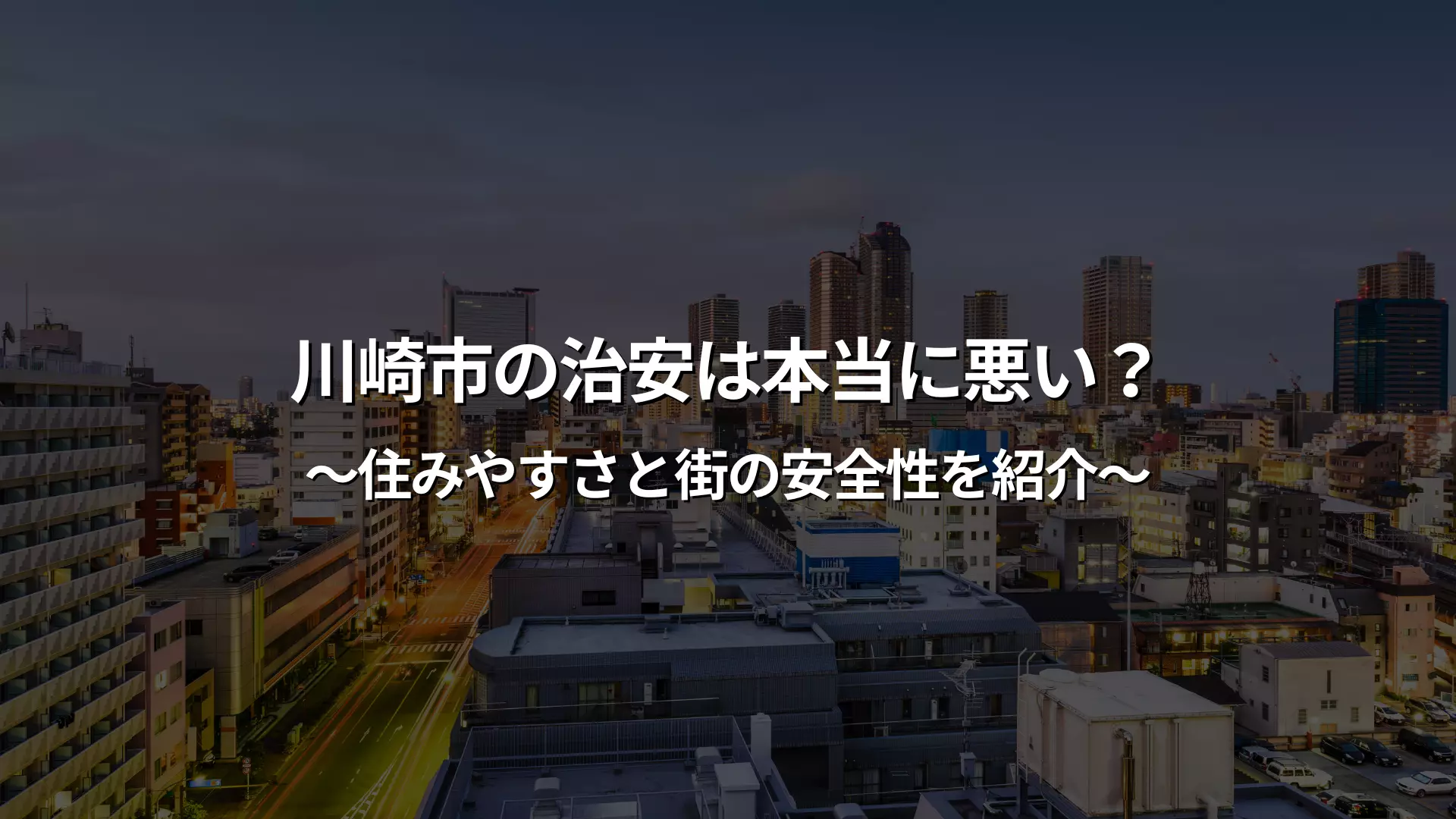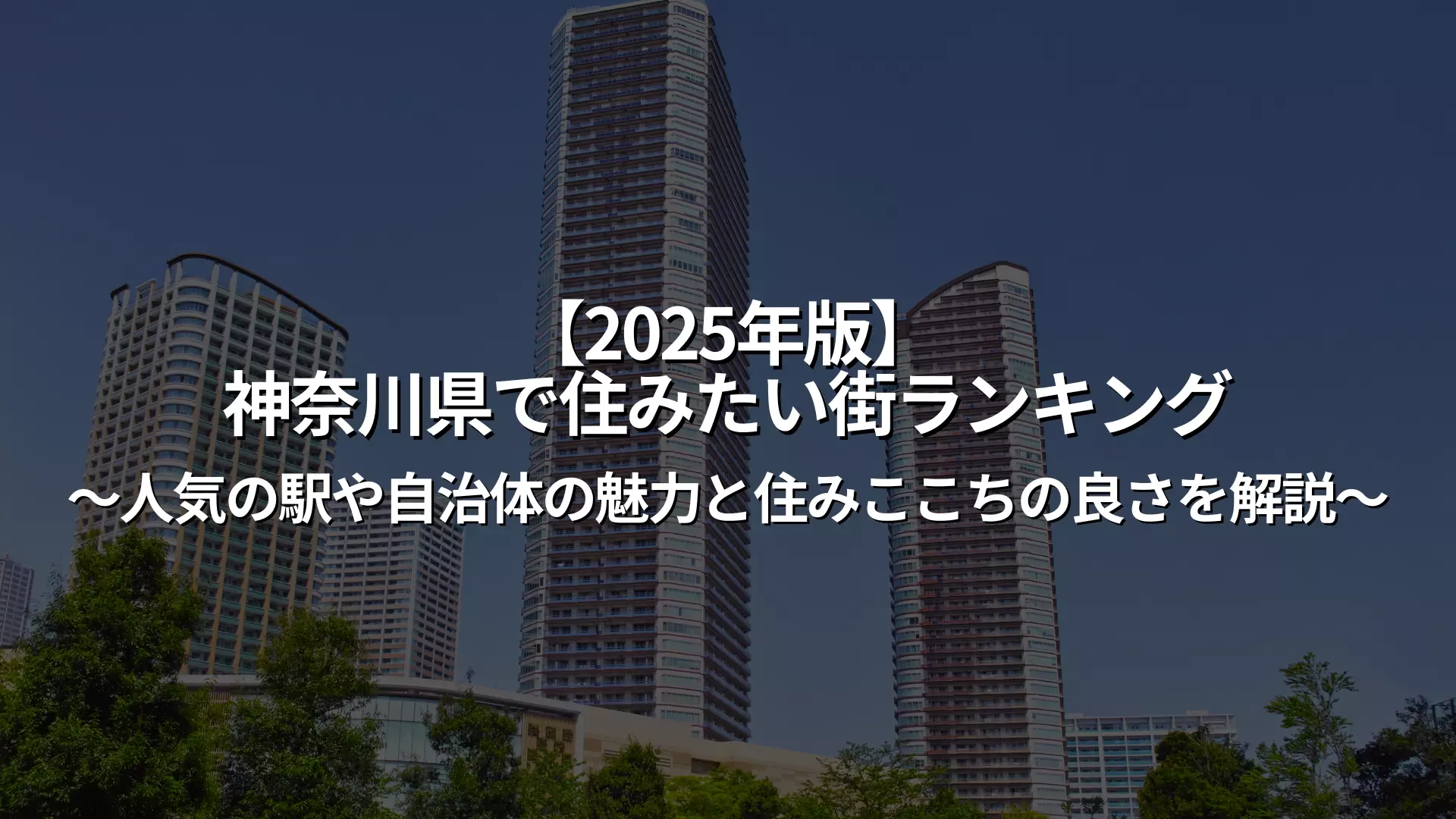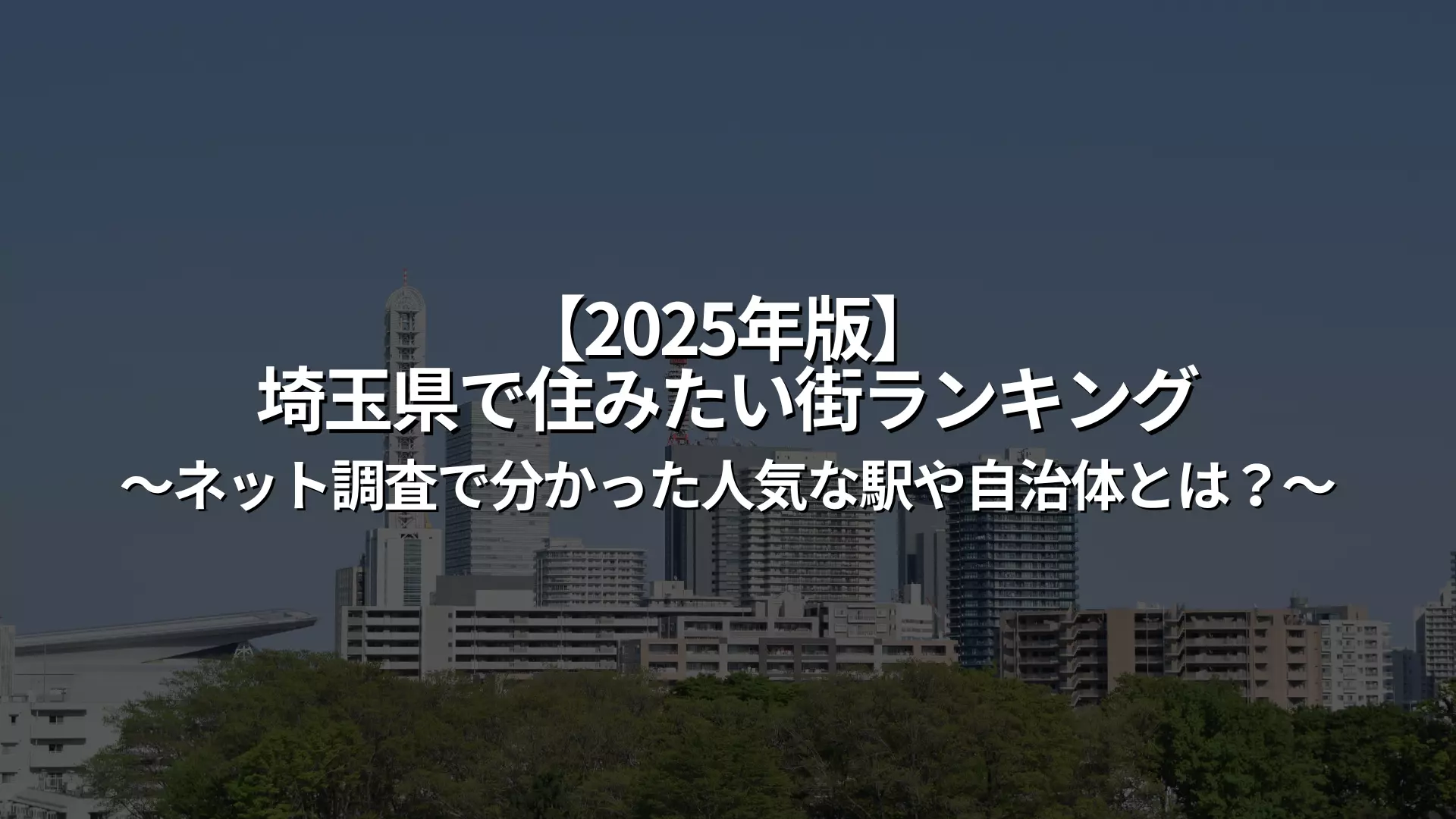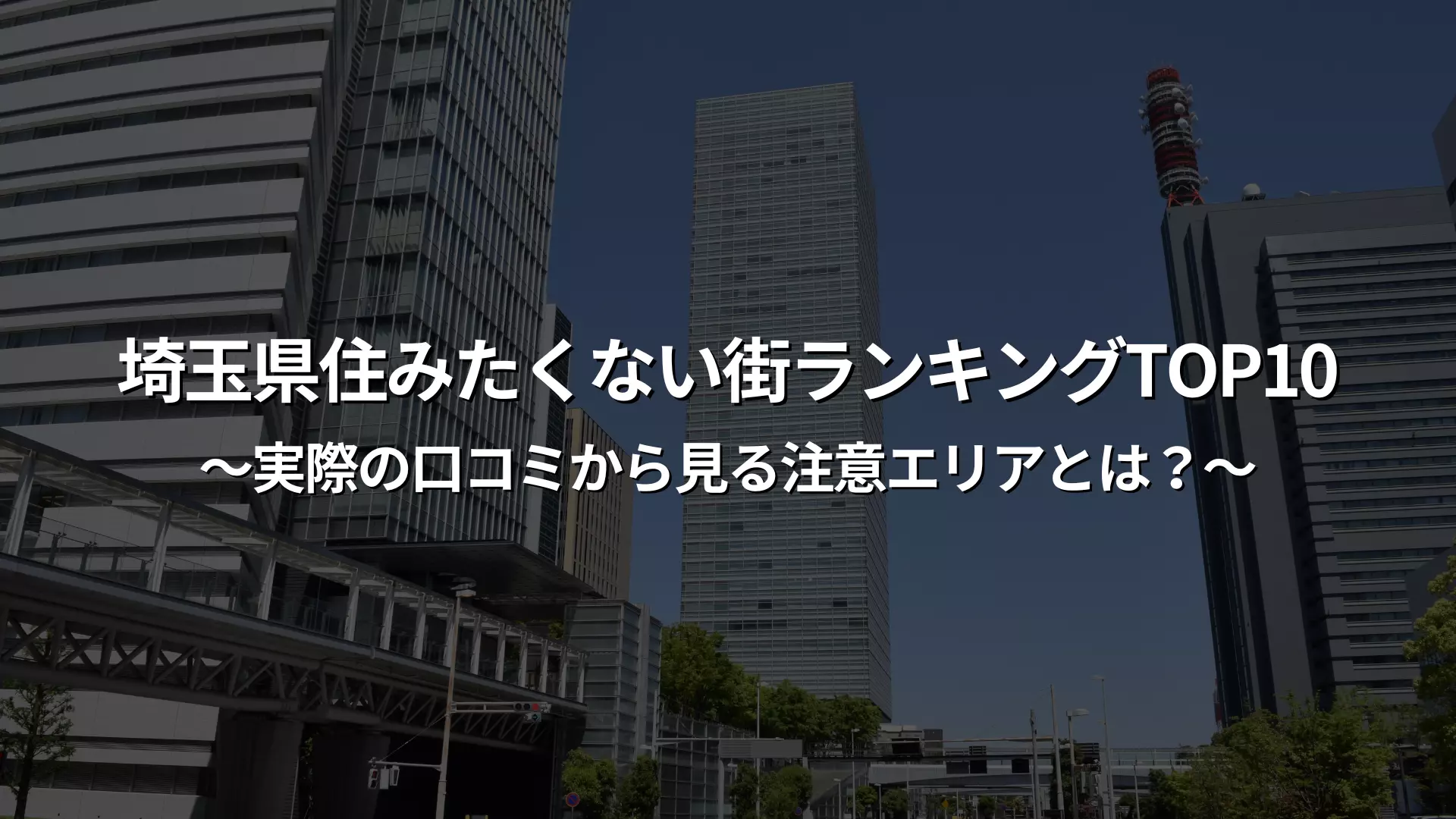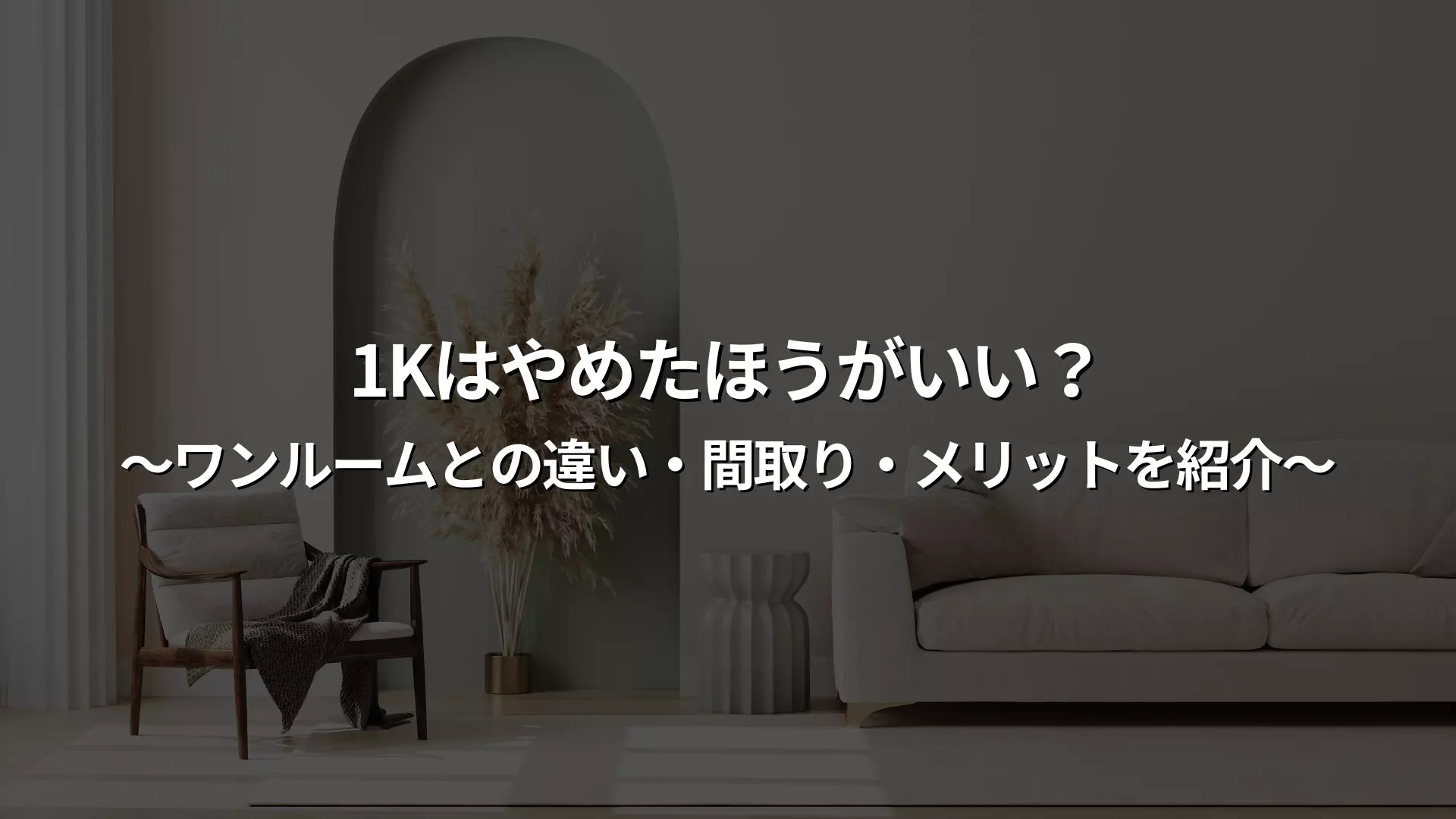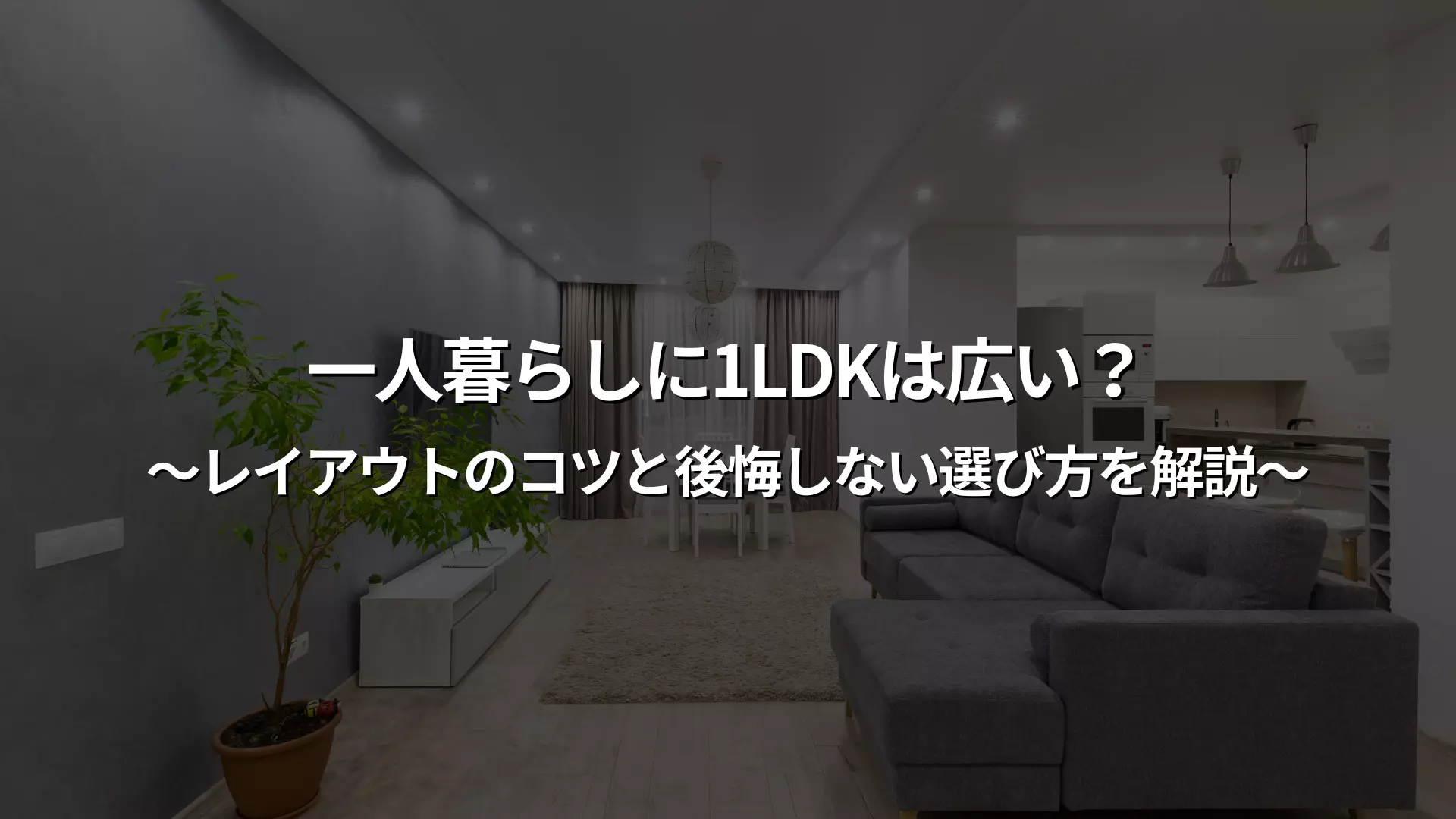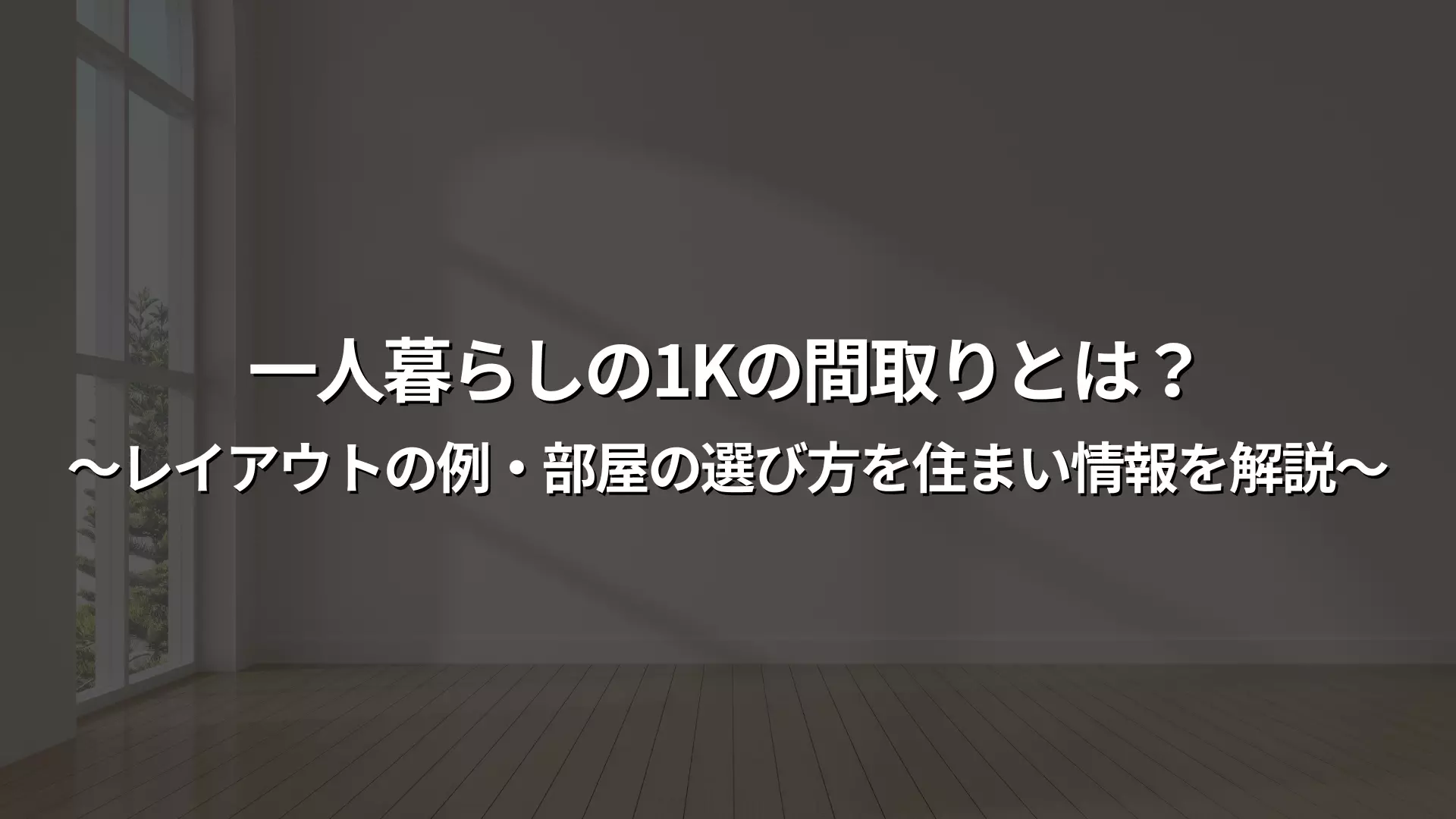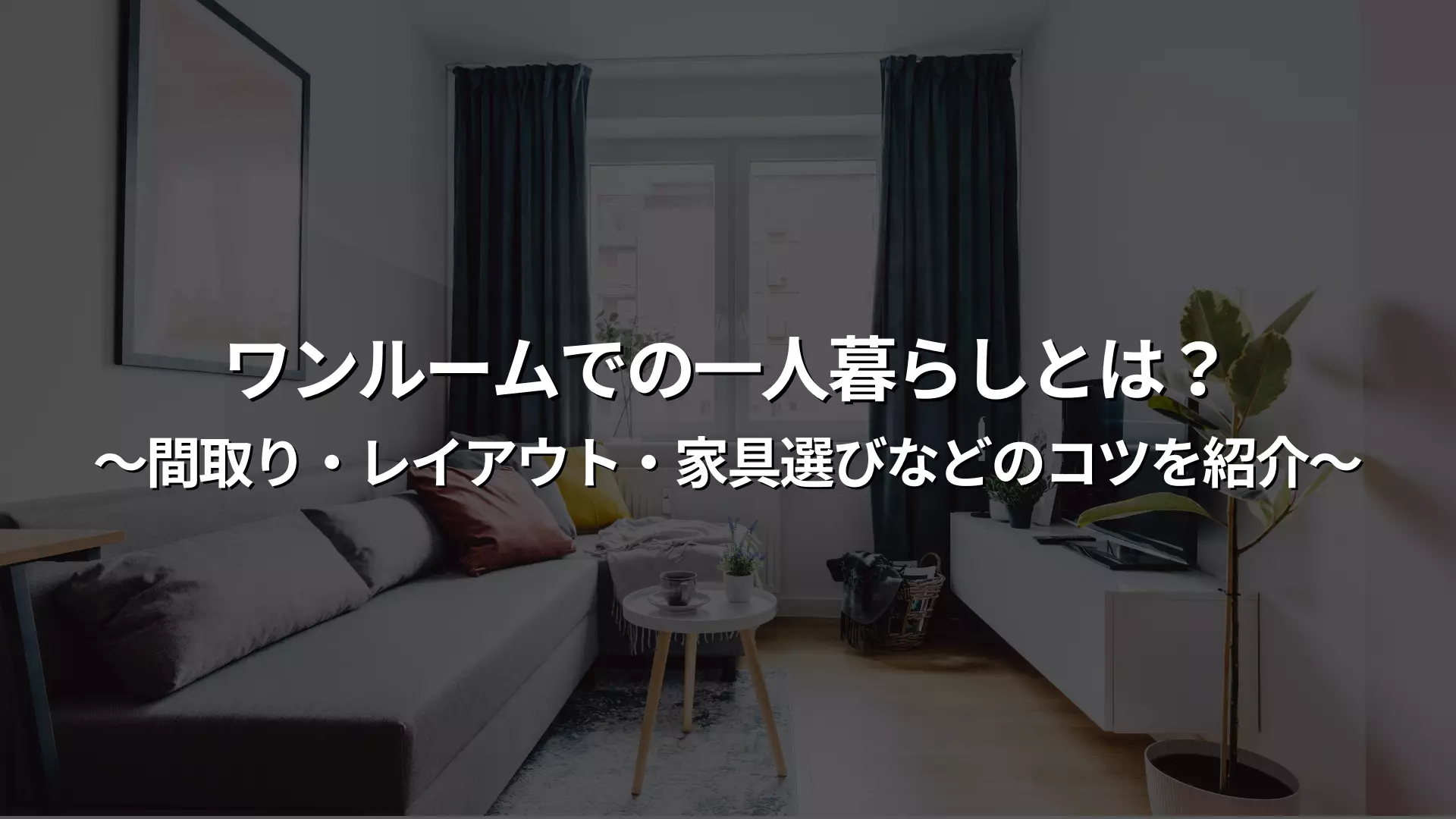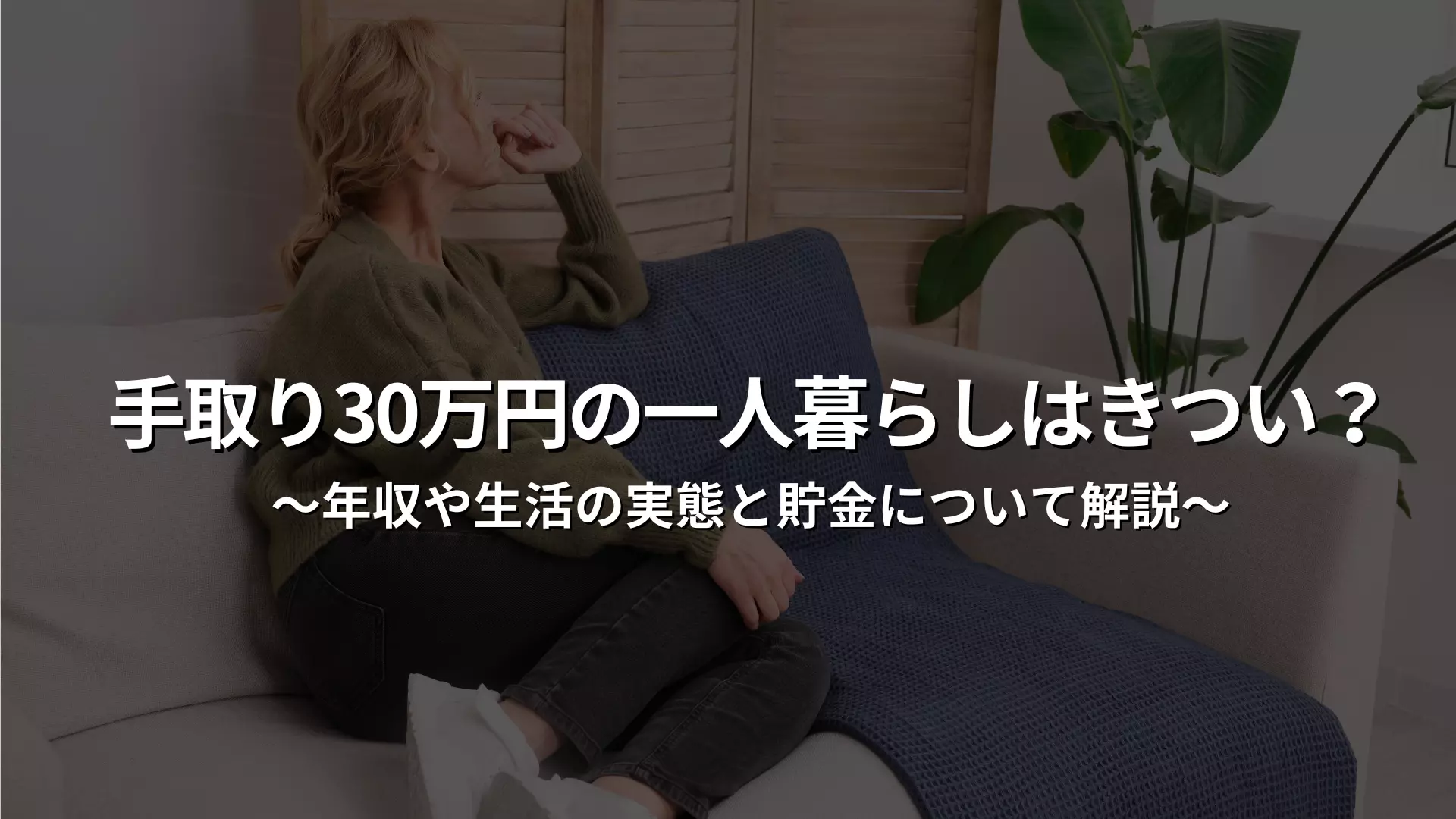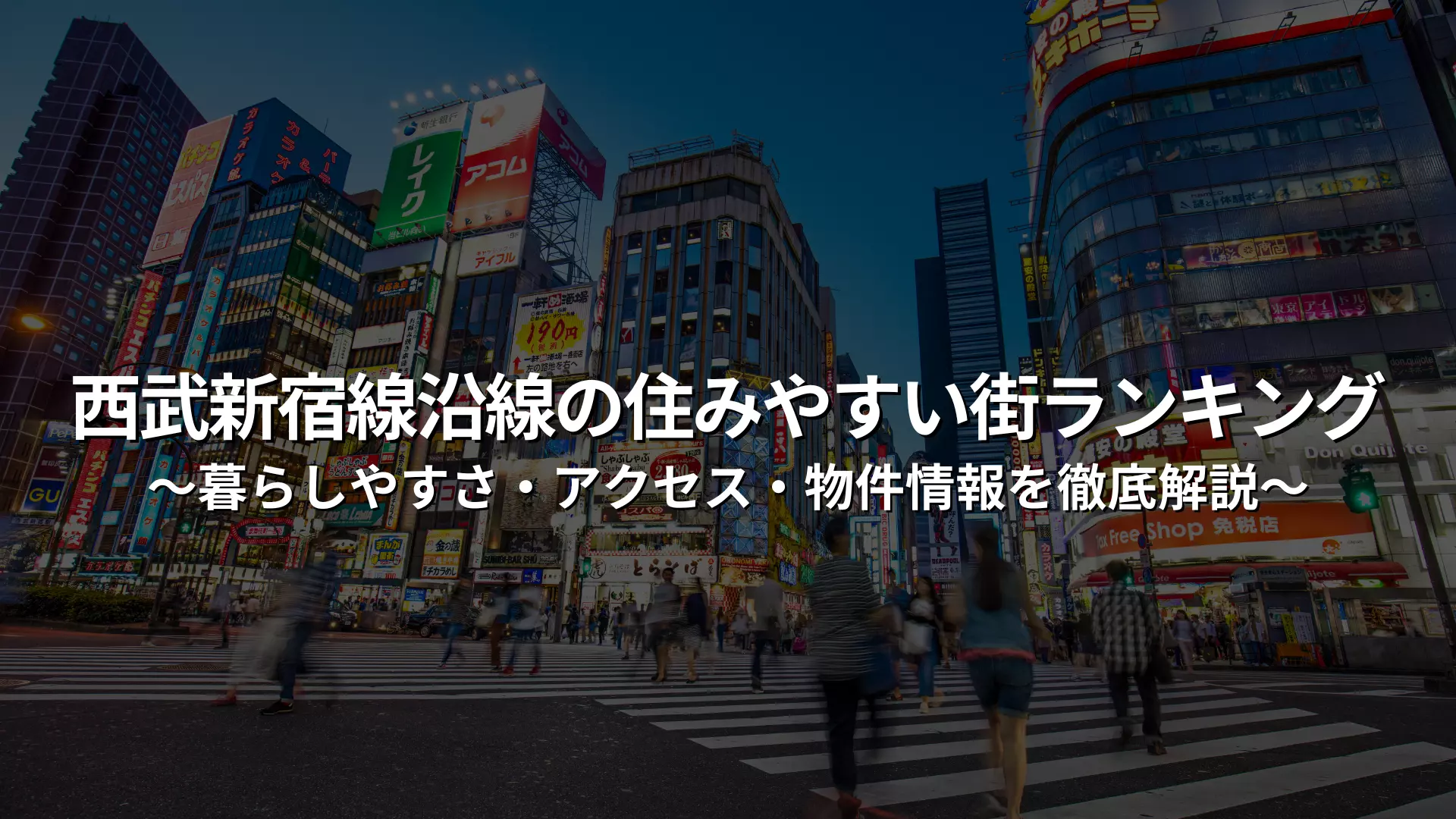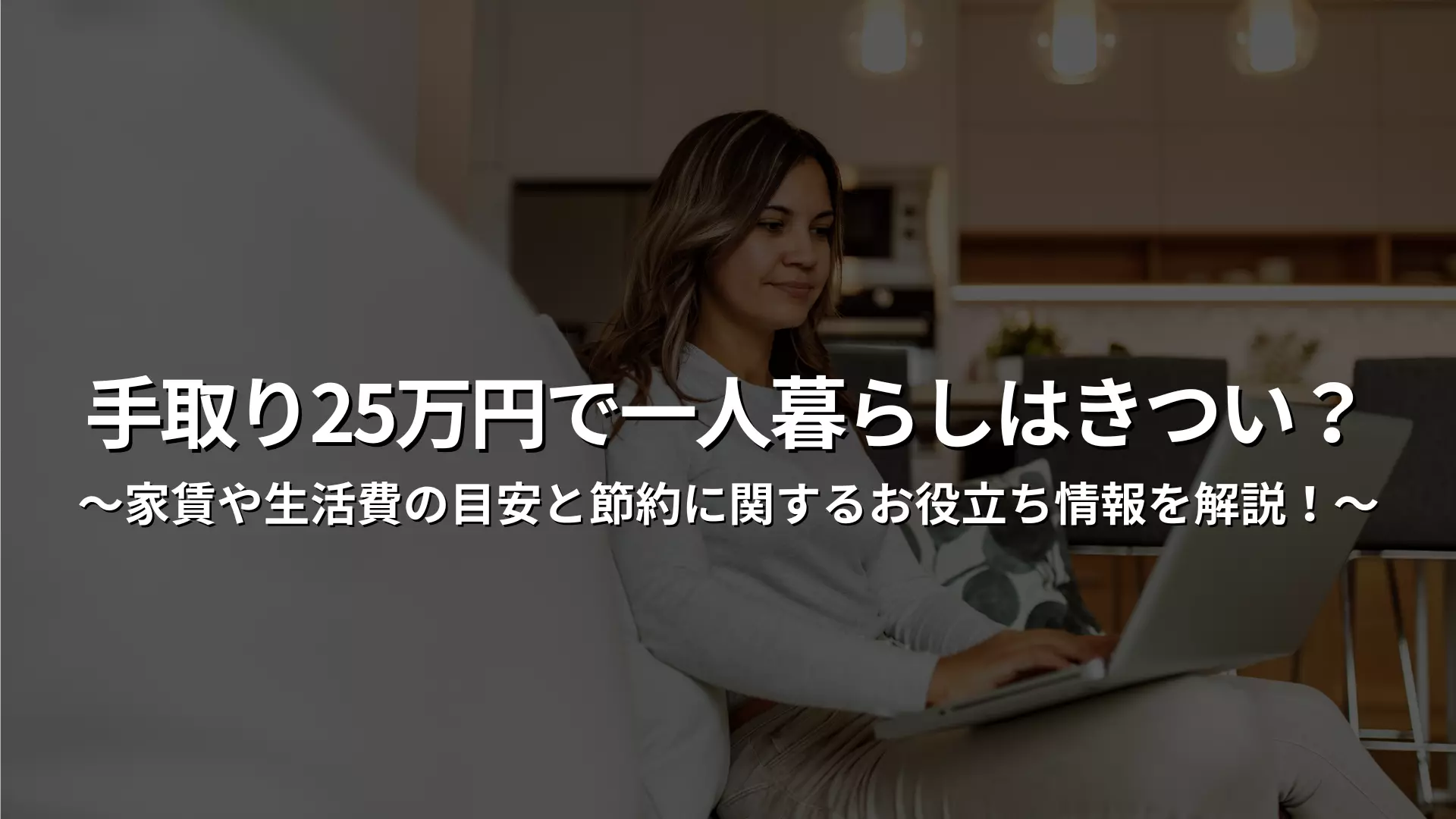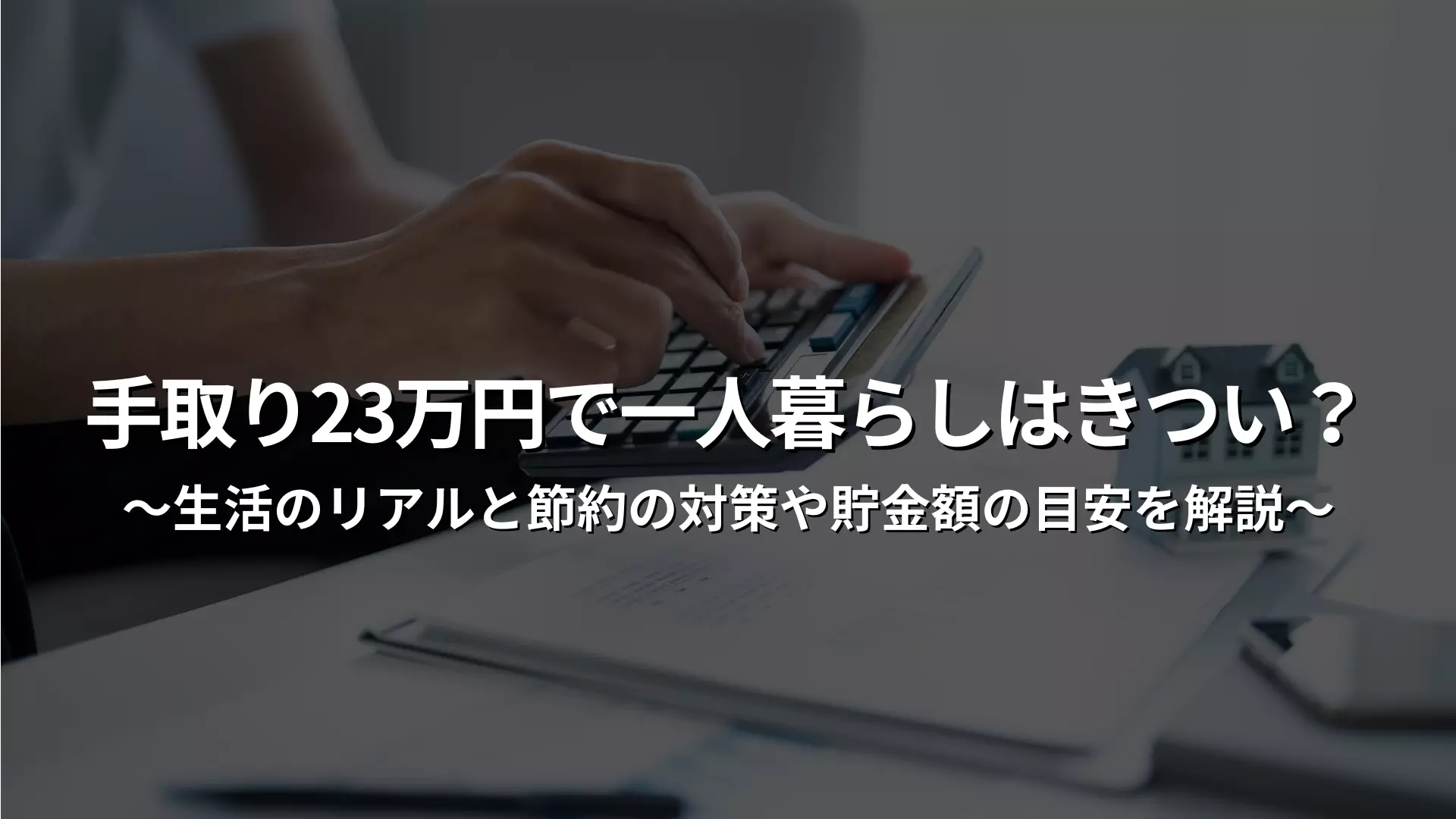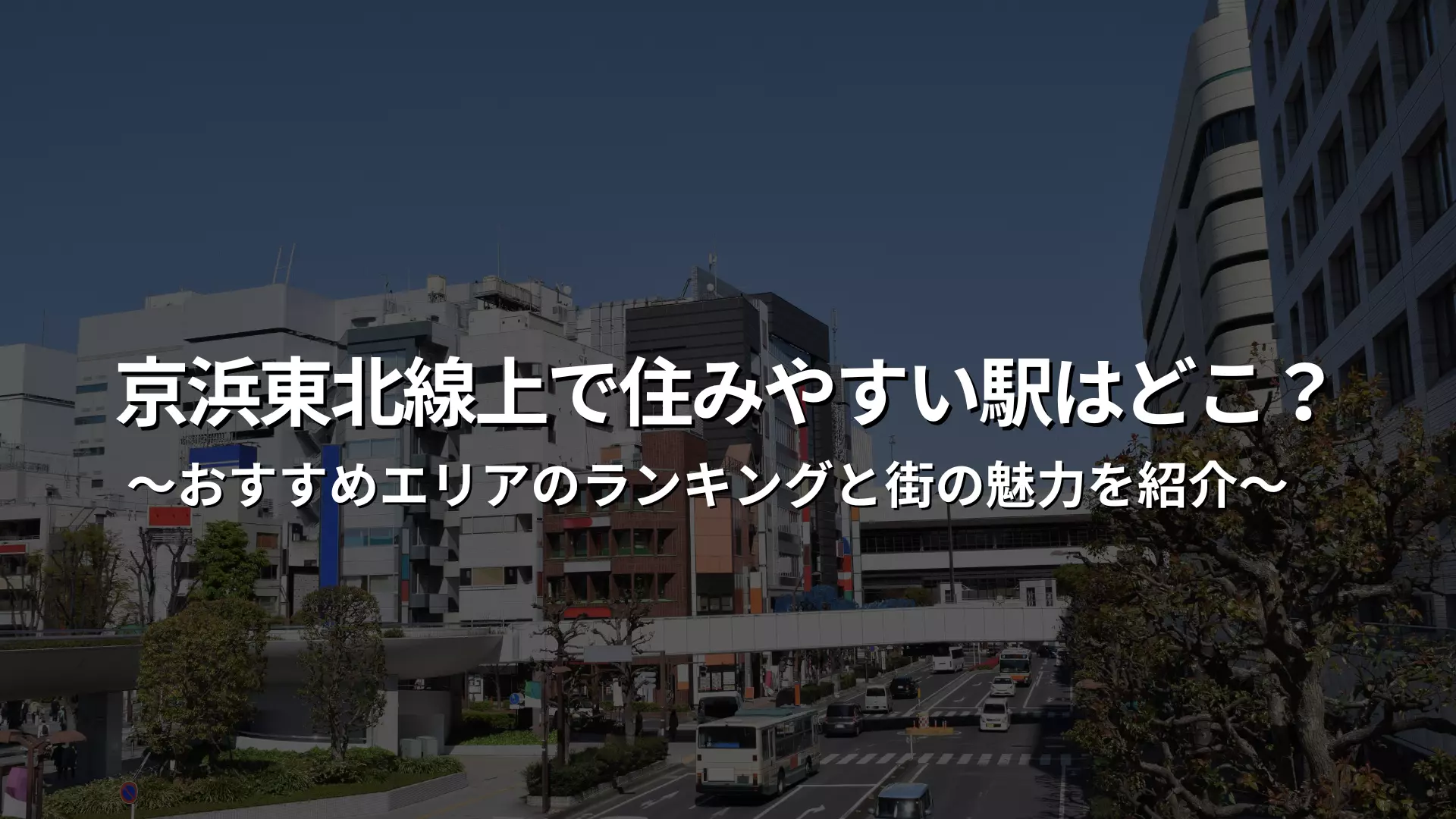The average utility bill for a shared house is 15,000 yen
Many shared houses have utility bills (water, electricity, and gas) set at 15,000 yen.A major advantage is that the cost is basically fixed and does not fluctuate regardless of how much you use.
If you live alone, your expenses will be higher in summer and winter when electricity usage is high, but if you live in a shared house where the fees are set at a fixed rate, costs will not fluctuate much throughout the year, making it a relatively easy place to live.
In addition, utility bills in a shared house are generally paid as "common area fees."
What are common area fees in a shared house?
The common area fee for a shared house includes the building management fee, water, electricity, and gas fees, and daily consumables fee, and is paid along with the monthly rent.The average common area fee for a single person is about 5-10% of the rent, so if the rent is 60,000 yen, it would be 3,000 to 6,000 yen.
When living alone, the maintenance fees mainly cover cleaning of the shared stairs and elevators, but in a shared house, they also include fees for the internet, which is essential for daily life, and daily necessities used in shared spaces.
The reason it is lumped together as a common fee is because it is not possible to keep detailed track of each individual's usage.
In addition, since shared houses contract for utilities on a property-by-property basis, fixed rates are set so that tenants can split them equally.
Search from 6,568 rooms of 921 properties
Three ways to pay utility bills in a share house
Most share houses include utility fees in the common area fee, and there are three common payment methods:Payment methods vary depending on the property and management company, so it is important to check before signing a contract. We will explain each payment method.
Payment method 1: Rent + common area fee (utilities included)
- Pros: You don't have to worry about usage
- Cons: In some cases, you may end up paying more than you need
Utility costs are already included in the common area fee, so there is no need to prepare any extra expenses.
The advantage of rent plus common charges (including utilities) is that you can keep track of your expenses when you move in.
If you are staying in a share house for the first time, it is better to have a simple payment method.
The disadvantage is that you cannot visually see your utility usage, so it is difficult to know how much you are using.
If you don't cook often or take baths, you may end up paying more.
However, since the rent for a shared house is cheaper to begin with, in most cases the monthly costs are still lower than if you were living alone.
This is the commonly used payment method for Cross House share houses.
Payment method 2: Rent + common area fee + utility fee (fixed amount)
- Pros: The breakdown of uses is clearly shown
- Disadvantages: Payments vary until a fixed amount is determined.
This is similar to rent + common charges (including utilities), but it is also a pattern in which the breakdown of uses is clearly indicated.
Another feature of rent + common fees + utility fees (fixed rate) is that the common fees are set low.
However, because they are billed separately, if you use too much, your flat rate may go up. Even if you are saving money, if other tenants use a lot, your overall utility bill will go up, and you should keep in mind that your flat rate may be revised higher.
Payment method 3: Rent + common area fee + utility fee (shared between tenants)
- Benefit: Saving money means cheaper monthly utility bills
- Disadvantages: Fixed costs fluctuate as monthly payment rates change.
There are various ways to split the bill, such as simply splitting it based on the number of tenants, or calculating the electricity bill for each room and paying an individual amount.
One thing to be aware of is that the payment amount will change each month. For this reason, it is important that both tenants agree on a payment method. Discussing this when you move in will help prevent future financial troubles.
How much does the cost of utilities differ between living in a shared house and living alone?
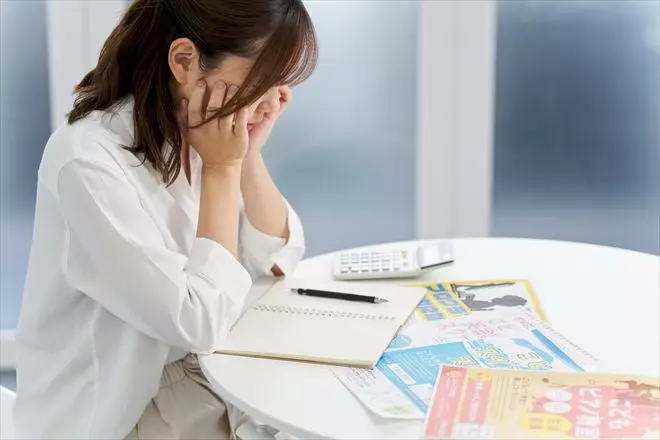
The average utility costs for each are summarized in the table below.
share-house | * Living alone |
Water, electricity and gas bills: Approximately 15,000 yen Internet: Free | Water bill: Approximately 2,216 yen Electricity bill: Approximately 7,150 yen Gas bill: approx . 3,884 yen Other utility costs: Approximately 1,569 yen Internet: Approximately 3,000 to 5,000 yen Total: Approx.17,819 yen to 19,819 yen |
Basically, you pay a set fee for a shared house, so your burden does not increase even if your usage increases or decreases.
On the other hand, if you live alone in a rental property, the amount you pay will vary depending on how much you use. If you use the air conditioning or heating too much, or fill the bathtub with hot water often, you may have to pay several thousand yen more than the amount mentioned above.
Search from 6,568 rooms of 921 properties
What happens if you spend too much on utilities in a shared house?
Utility bills in a shared house are set at a fixed rate, so you can basically use as much as you want.
However, if you use too much, you often end up paying extra.
If utility bills end up exceeding the management company's forecast, this will increase the burden on the operating company and management company, and they may ask tenants to pay.
The terms and conditions will usually state clearly whether or not you will have to pay any extra fees.
Don't spend too much just because it's a flat rate. Reduce waste by turning off the air conditioner when you go out, not turning on the lights during the day, and reviewing the temperature setting of your air conditioner.
Utility bills in a shared house are cheaper than living alone!
The average utility bill for a shared house is around 15,000 yen.In many shared houses, utility bills are set at a fixed rate, so fixed costs tend not to fluctuate.
A shared house is recommended for people who want to keep costs down, as it may reduce your fixed costs compared to living alone.
But be careful, if you use too much you may be charged extra.
If you are looking for a shared house in Tokyo, contact Cross House, which manages over 7,000 rooms.
Not only can you reduce your utility bills, but with Cross House you can rent a house with no deposit, key money, or brokerage fees.
The location is also great, so be sure to check it out.


